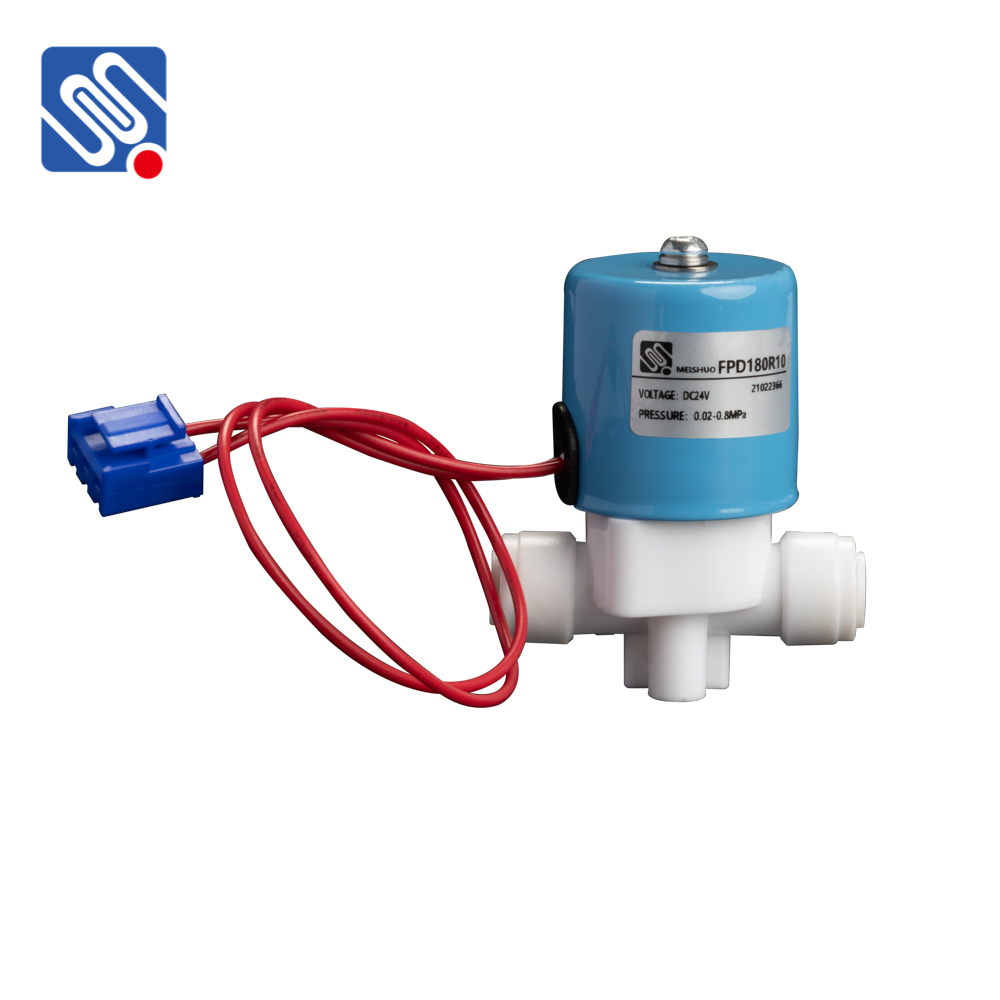A Food Grade Solenoid Valve is a crucial component in the food and beverage industry, where maintaining high standards of hygiene, safety, and efficiency is of paramount importance. These valves are designed to control the flow of liquids, gases, or steam, and they play a critical role in ensuring that the production process adheres to the strictest health and safety regulations. In this article, we will explore what Food Grade Solenoid Valves are, their key features, and their applications in food production.

What is a Food Grade Solenoid Valve? A Food Grade Solenoid Valve is a specially designed valve that uses an electromagnetic mechanism to control the flow of substances within food processing systems. The valve consists of a solenoid coil that, when energized, actuates a plunger or diaphragm to open or close the valve. This allows for precise control over the flow of ingredients, liquids, gases, and steam within food and beverage production lines. Unlike regular industrial solenoid valves, Food Grade Solenoid Valves are made from materials that meet stringent sanitary standards. They are typically constructed from stainless steel or other non-corrosive materials that are resistant to contamination and ensure that no harmful substances leach into the food being processed. This is essential to protect consumer health and maintain the quality of the products.
Leave a Reply